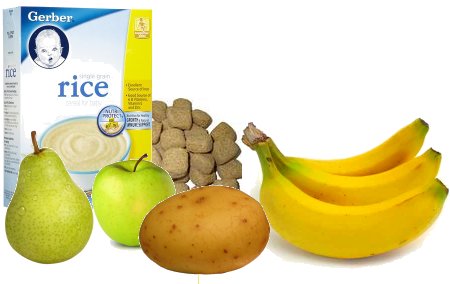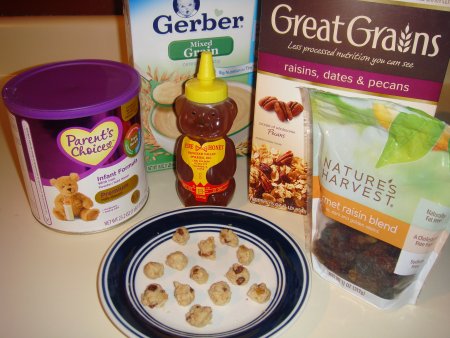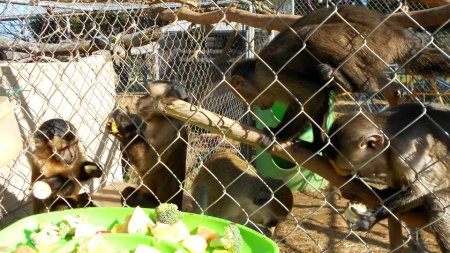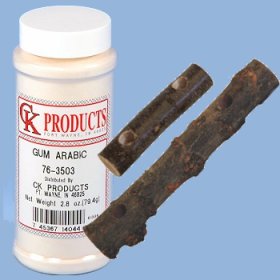By Ivan Crab
During recent years, the feeding of PRIMATES has undergone significant changes, as more has been discovered about their nutritional needs. The pets market of today provide different “monkey pellets” , pelleted diets they are usually well balanced but they can not by given at the expense of a varied diet.
It is no coincidence that when breeding began in earnest during the 1950s, it was the OLD WORLD species which reproduced most successfully in collections. This is because MONKEYS such as the MACACA species were best-suited to thrive and breed on a diet composed of little more than vegetables and fruits.
The needs of other species are more complex. Certainly in captivity they thrive when offered a diet which contains a relatively high proportion of vegetables and fruit. (more…)





